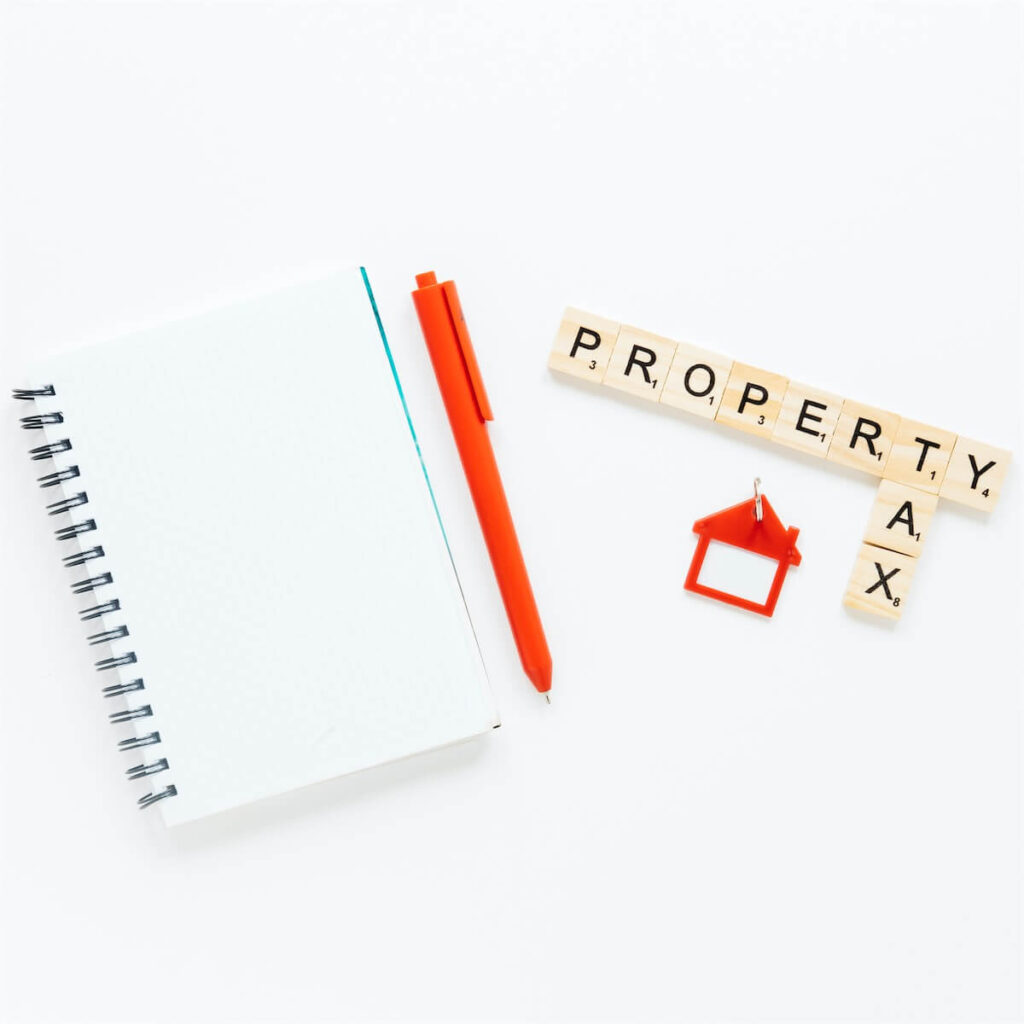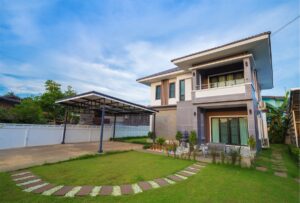The annual value of your property can affect many benefits and grants that you might get from the government. Apart from your earned income, your Property Annual Value is one of the factors used to assess your financial standing.
It’s also a factor used to determine how much you might need to pay in income tax or property tax in Singapore. With that said, the annual value of your home might not always seem like a fair point of judgement, and there is something that you can do about that.
Let’s get into the details of what Property Annual Value means and how it affects you.
What is Property Annual Value?
Essentially, your annual property value is an estimate of the gross amount you could make from rent if you were to rent out your property. This is based on just your property, and not your furniture, furnishings, and additional maintenance fees involved.
The annual value of your property is actually determined by the Inland Revenue Authority of Singapore (IRAS). Keep in mind that the annual value that IRAS determines for you is always just an estimate. This may be far from the actual income that you might receive from renting your home out.
Besides, the actual rent you’ll receive from your home varies. For one, you might be renting your property out at a price below the market rate, or perhaps you’re charging less for the rental because your property is unfurnished. But this doesn’t mean that the amount you have to pay for property tax in Singapore changes.
If you want to check your property’s annual value, you can do so by signing in with your Singpass on IRAS. There, you’ll find the annual value for your property in the current year, and for the past 5 years.

How does Property Annual Value affect property tax in Singapore?
Depending on your Property Annual Value and the percentage of your tax rate, you’ll have to pay a varying amount in property taxes. So, having a higher annual value means you might have to fork out more in the way of taxes.
Learn more about property taxes in Singapore here.
Non-owner-occupier residential tax rates also tend to be on the higher side. This applies to all condominiums, HDB flats, or other residential properties that the property’s owner doesn’t live in.
If your property is an HDB home, you’ll pay fairly low property taxes. According to government statistics, the largest owner-occupied HDB homes have a median annual value of less than S$11,000.
For a home with an annual value of S$11,000, only 4% of the value is taxable. This means that most Singaporeans end up paying less than S$120 a year in property taxes.
Here’s a more detailed look at how your annual value will affect the property taxes you’ll need to pay if you are both the owner and occupier of your flat.
Over time, your property tax amount could have an impact on your ability to pay off your home loan in Singapore, whether it is a bank loan or an HDB loan.
Annual value and tax rates for Owner-Occupied properties:
| Your Property Annual Value | % of Property Annual Value Taxable | Property Tax Payable |
| First S$8,000 Next S$47,000 | 0% 4% | S$0 S$1,880 |
| First S$55,000 Next S$15,000 | -6% | S$1,880 S$900 |
| First S$70,000 Next S$15,000 | -8% | S$2,780 S$1,200 |
| First S$85,000 Next S$15,000 | -10% | S$3,980 S$1,500 |
| First S$100,000 Next S$15,000 | -12% | S$5,480 S$1,800 |
| First S$115,000 Next S$15,000 | -14% | S$7,280 S$2,100 |
| First S$130,000 Above S$130,000 | -16% | S$9,380 |
On the other hand, you’ll have to pay significantly higher in property taxes if you own a property that you don’t live in.
Annual value and tax rates for Non-Owner-Occupied properties:
| Your Property Annual Value | % of Property Annual Value Taxable | Property Tax Payable |
| First S$30,000 Next S$15,000 | 10% 12% | S$3,000 S$1,800 |
| First S$45,000 Next S$15,000 | -14% | S$4,800 S$2,100 |
| First S$60,000 Next S$15,000 | -16% | S$6,900 S$2,400 |
| First S$75,000 Next S$15,000 | -18% | S$9,300 S$2,700 |
| First S$90,000 Above S$90,000 | -20% | S$12,000 |
Certain residential non-owner-occupied properties fall within a tax exclusion list and get taxed at a fixed 10%.
These include:
- Accommodation facilities within any sports and recreational club
- Chalets
- Child care centres, student care centres, or kindergartens
- Welfare homes
- Hospitals, hospices, or places for rehabilitation, convalescence, nursing care or similar purposes
- Hotels, backpackers’ hostels, boarding houses or guesthouses
- Serviced apartments
- Staff quarters that are part of any property exempted from tax under s6(6) of the Property Tax Act
- Student’s boarding houses or hostels
- Workers’ dormitories
You can use the IRAS interactive property tax calculator to calculate your property taxes.
What benefits are there to knowing my Property Annual Value?
Besides knowing how much to pay for property taxes, the annual value of your property might also be a qualifying factor for many benefits by the government.
For example, the self-employed person income relief scheme (SIRS) that was released temporarily in 2020 as a COVID-19 relief measure was only made available to people whose property annual value was below S$21,000.
And as part of the GST Voucher Scheme, if you have annual values of S$21,000 and above, you’ll be ineligible to receive the vouchers.
Where government schemes and benefits are concerned, your annual value will be based on your current place of residence. Yes, that includes parents’ homes or a home that you’re simply a tenant in.
But beyond benefits to yourself, knowing the annual value of properties in a specific area can help you predict the rental rates of homes there.
You can find these details on the same IRAS platform used to check the annual value of your own property. To check the annual value of someone else’s home, you’ll need to pay a sum of S$2.50.

How and when should you calculate your Property Annual Value?
There are 5 considerations to how the annual value of a property is met. These are:
- Rentals of similar properties in the area
- Property size
- Property location
- Property condition
- Other relevant physical attributes.
Occasionally, you might want to file a dispute against the annual value that IRAS has given your property. To do this, you can use the MyTax Portal to file an electronic objection, making sure to include the Notice Number from your last property tax notice.
You have to file this objection within 30 days from the date of a Valuation Notice you’ve received, evaluating your property’s annual value.
If you want your objection to hold solid ground, you’ll need to make your case using the 5 considerations mentioned above, instead of letting personal financial hardship cloud your dispute.
Use your Property Annual Value for future planning
The annual value of your property is something you should most definitely account for when you’re buying a new home, just like how you’d make long-term calculations to pay off your bank loan or HDB loan for your home.
Besides, should a rainy day come, it’s always good to know off the top of your head what your property’s annual value is, so that you’ll know what government benefits and financial vouchers you’re eligible for!
You might have questions about your property annual value and whether it impacts on your home loan in Singapore. A mortgage broker might be able to give you the advice and clarity that you need.
Read here to find out how a mortgage broker can help with getting a suitable home loan for you.
At FinanceGuru, we thrive on helping you achieve your financial goals in a home that you can call your own. With a thorough understanding of your situation, we’ll help answer all your questions, no matter how big or small.

Want to find out more about your property’s annual value? Get free, non-obligatory advice by contacting us today.







